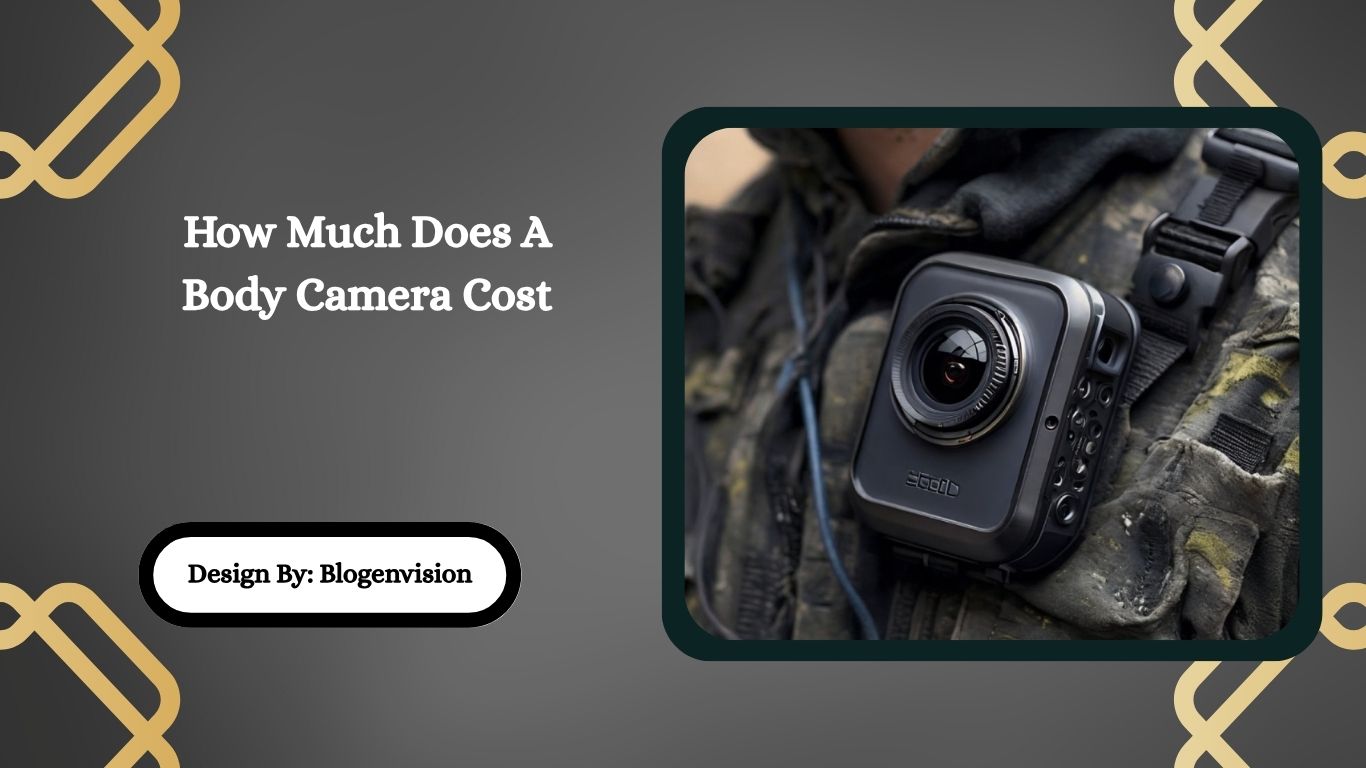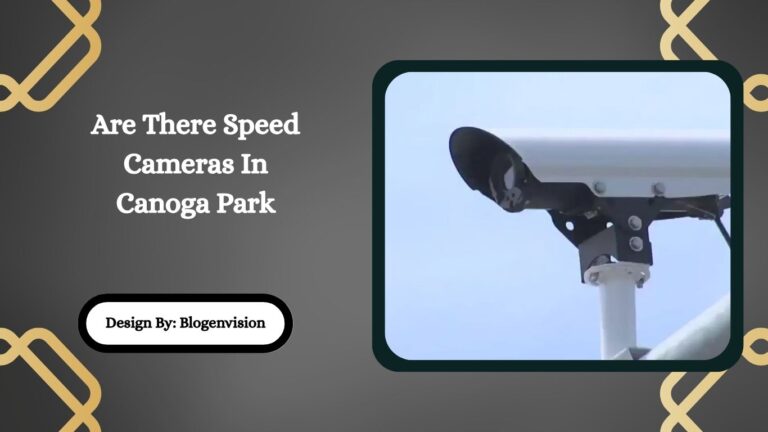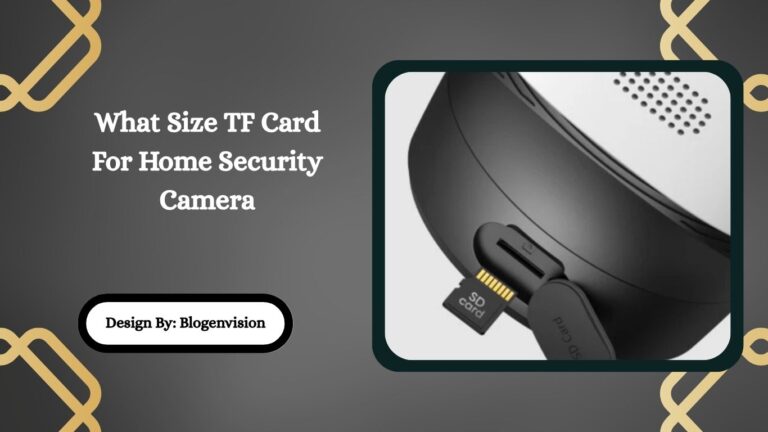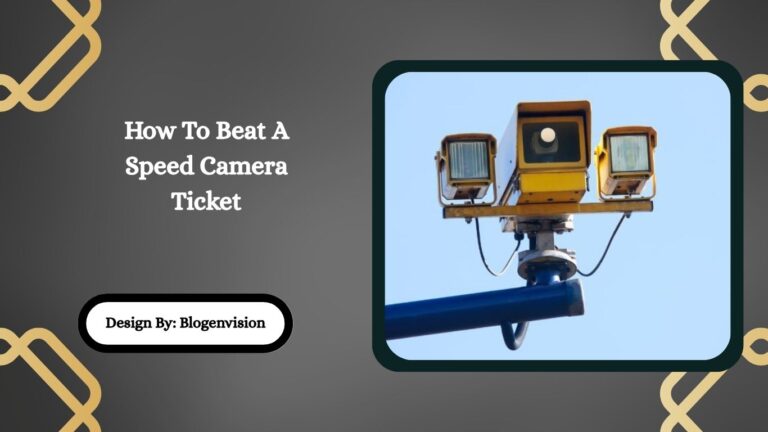How Much Does A Body Camera Cost – Complete Guide!
Body camera costs in 2026 range from $60 to over $2,500, depending on features, usage, and quality. Budget models suit personal use, while law-enforcement cameras need higher investment.
Body cameras have rapidly evolved from niche law enforcement tools into mainstream devices used by security firms, journalists, delivery drivers, and even everyday individuals. With rising concerns over personal safety, accountability, and transparency, body cameras are becoming essential in multiple industries. But before buying one, a common question arises: how much does a body camera cost?
In this detailed guide, we’ll explore current body camera prices in 2026, what affects the cost, and how to choose the right model based on your needs and budget.
Average Cost of a Body Camera in 2026
The price of a body camera can vary based on use case, features, storage, and brand reputation.
| User Type | Estimated Cost Range |
| Entry-level personal use | $60 – $130 |
| Security professionals | $120 – $330 |
| Law enforcement agencies | $320 – $1,600+ |
| Premium/enterprise use | $1,550 – $2,600 |
Most consumers and small businesses can find high-quality models between $100 and $300 with sufficient functionality for general use.
Types of Body Cameras and Their Costs

1. Consumer Body Cameras
Designed for casual users, these cameras are compact, lightweight, and simple to operate. They’re popular with rideshare drivers, delivery workers, cyclists, and even hikers.
- Features: Basic 1080p video, 4–6 hour battery, 32–64GB storage.
- Example Models: Boblov KJ21, MIUFLY Mini
- Price Range: $50 – $120
2. Professional Security Body Cameras
Used by private security companies, bouncers, and field workers, these offer improved durability, night vision, and better storage options.
- Features: Wide-angle lens, IR night vision, password protection, GPS support.
- Example Models: PatrolMaster, CammPro I826
- Price Range: $120 – $300
3. Law Enforcement Body Cameras
These are rugged, full-featured devices tailored for police departments and military use. They include encryption, secure video storage, chain-of-custody protection, and remote access.
- Features: 1080p–2K video, 12-hour battery, auto-upload, GPS, tamper-proof logs.
- Example Models: Axon Body 3, Reveal D-Series
- Price Range: $300 – $1,500+
4. Enterprise/Industrial Body Cameras
High-end solutions used in industries like logistics, mining, hazardous environments, and large-scale law enforcement.
- Features: LTE live-streaming, cloud infrastructure, AI-powered alerts, real-time tracking.
- Example Systems: Motorola VB400, Axon Flex 2
- Price Range: $1,500 – $2,500+
What Determines the Cost of a Body Camera?
Understanding the cost drivers behind body cameras can help you determine what features matter for your specific needs.
1. Video Quality
- 1080p is now standard.
- 2K/4K video adds clarity but also cost.
- Lower-resolution models (720p) are available under $60, but offer limited detail.
2. Battery Life
- 3–5 hours for budget cameras.
- 8–14 hours for law enforcement-grade models.
- Swappable batteries may add $20–$50 to the cost.
3. Night Vision & Low Light
- Basic IR LEDs cost less.
- Full-color night vision adds significantly to price.
4. Storage Capacity
- Common sizes: 32GB, 64GB, 128GB.
- Some advanced cameras offer expandable SD cards or cloud storage.
5. Build Quality
- Rugged models with IP66/IP67 water/dust resistance are costlier but last longer.
- Shockproof casings and temperature tolerance also impact pricing.
6. Security Features
- Encryption, password lock, watermarking, and tamper-proof logs increase price and legal admissibility.
7. Connectivity
- Models with GPS, Wi-Fi, Bluetooth, and LTE for live streaming or remote access can be double the cost of offline units.
Popular Body Camera Brands and Their Prices
| Brand | Price Range | Best For |
| Axon | $700–$2,000 | Police, enterprise use |
| Boblov | $60–$200 | Personal, budget-friendly |
| PatrolMaster | $110–$300 | Security and guards |
| Reveal Media | $400–$1,500 | Law enforcement |
| CammPro | $100–$250 | Entry-level professional use |
| Wolfcom | $350–$1,200 | Law enforcement, EMS, rescue |
These brands offer varying combinations of cost, reliability, and support depending on your situation.
Are Cheap Body Cameras Reliable?
If you’re just recording for personal documentation, a cheap body camera under $100 might be sufficient. But these models often lack:
- Legal admissibility features
- Long battery life
- Clear night footage
- Rugged casing
Cheap cameras are good for:
- Bike rides
- Jogging
- Dog walking
- Everyday commuting
But for professional or legal use, spending a bit more ensures durability, clarity, and accountability.
Additional Costs to Consider
Besides the initial cost of the body camera, you may need to factor in additional expenses:
1. Cloud or Storage Fees
- Some models offer cloud storage starting at $5–$25/month.
- Local SD cards (32GB–128GB) cost $10–$40.
2. Mounting Gear
- Body clips, magnetic mounts, and shoulder harnesses: $10–$50
3. Software Licenses
- Law enforcement often requires chain-of-custody software costing $100–$500/year.
4. Warranties or Support Plans
- Extended support may cost $50–$200/year, especially for commercial or enterprise models.
How to Choose the Right Body Camera Based on Budget?
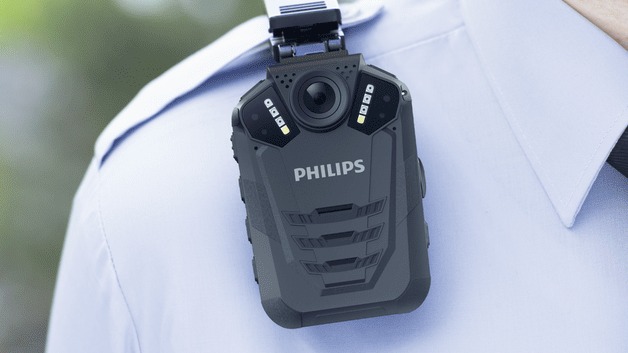
➤ Under $100
- For short-term use or casual video documentation.
- Limited night vision and battery.
➤ $100–$300
- Ideal for small businesses, private security, and field workers.
- Better build quality, storage, and reliability.
➤ $300–$700
- Advanced features for semi-professional use.
- Excellent battery life, GPS, security, and clear footage.
➤ $1,000+
- Best for police departments, government contracts, or industrial applications.
- Real-time data sync, multi-user support, live streaming, and full legal compliance.
Real-World Use Cases and Cost Examples
Example 1: Delivery Driver
- Camera Used: MIUFLY Mini 1080p
- Cost: $85
- Use: To record delivery stops, protect against false claims.
Example 2: Private Security Firm
- Camera Used: PatrolMaster HD
- Cost: $190 per unit
- Use: Night patrols, incident documentation, client reporting.
Example 3: Small Police Department
- Camera Used: Axon Body 3
- Cost: $1,200 per unit + $20/month for cloud storage
- Use: Full legal chain of custody, automatic uploads, GPS tagging.
FAQs:
1. What is the cheapest reliable body camera available in 2026?
Budget-friendly models like the Boblov KJ21 or MIUFLY Mini start around $70, offering 1080p video and basic night vision. They’re suitable for casual use, though not ideal for professional or legal-grade recording.
2. Do I need to pay monthly for body camera storage?
Not always. Entry-level models use local SD card storage. However, cloud-connected devices especially law enforcement models often require monthly fees ranging from $5 to $25 for video storage and management features.
3. Can body cameras be used by security guards legally?
Yes. Security personnel frequently use body cameras for evidence and accountability. However, local laws may require notifying subjects or restricting audio recording, so always check legal regulations in your jurisdiction.
4. How long can body cameras record before memory fills up?
Recording time varies by resolution and storage size. A 64GB body camera can typically hold 8 to 12 hours of HD video. Models with loop recording will overwrite old files automatically when full.
5. Are more expensive body cameras more durable?
Generally, yes. High-end body cameras are built with rugged casings, waterproofing (IP66+), and impact resistance. These are essential for professionals working outdoors, in law enforcement, or in harsh environments.
Conclusion:
Body camera pricing in 2026 varies widely based on features, intended use, and quality. While casual users can find dependable options under $100, professionals in security or law enforcement often invest in models costing $300 or more. Higher costs bring better video quality, longer battery life, rugged construction, and legal compliance. Choosing the right body camera depends on your specific needs, not just price. Evaluate what features are essential before purchasing to ensure it offers the protection and performance you require.

